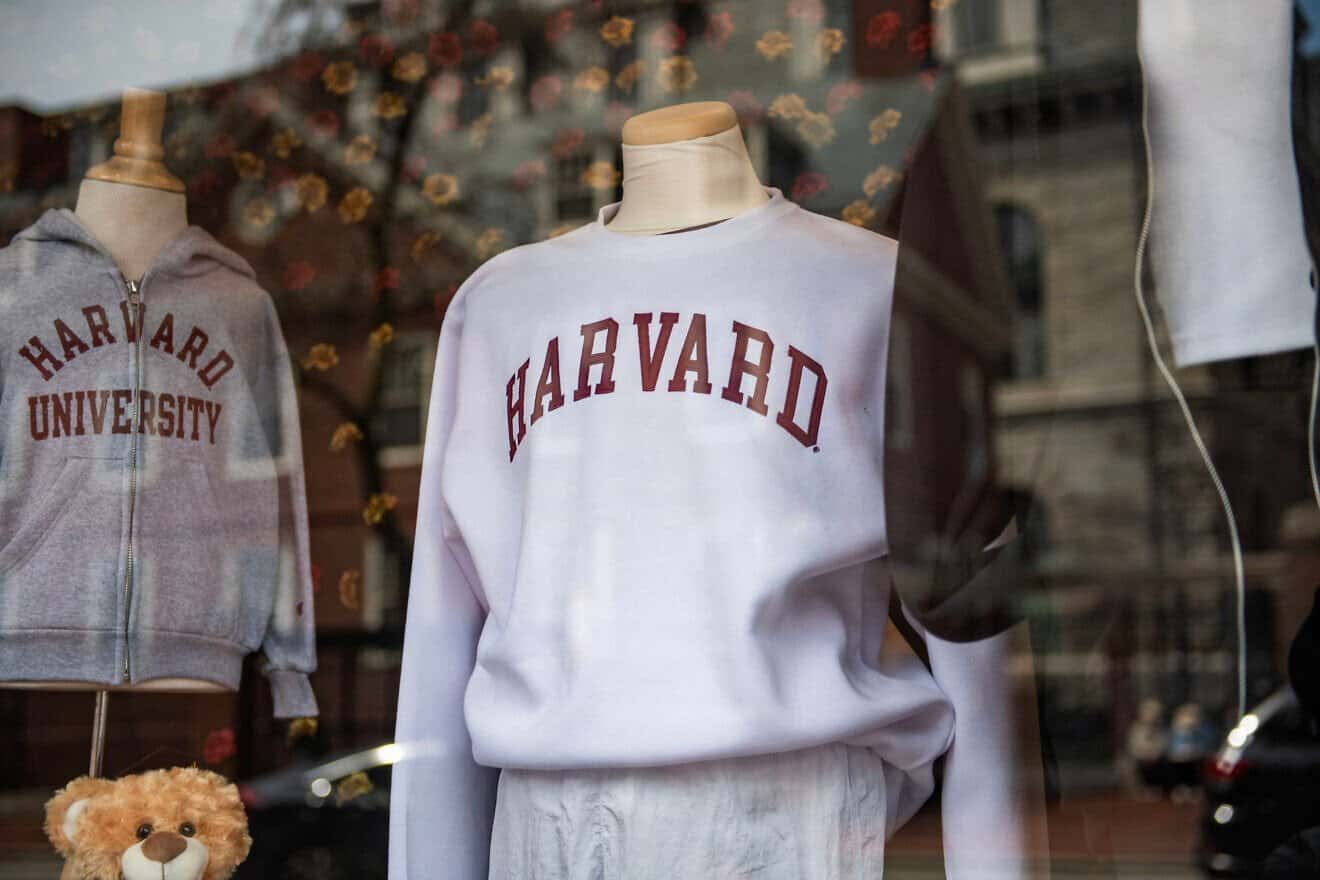 Biesy napadają raz jeszcze
Biesy napadają raz jeszcze
Andrzej Koraszewski
Obserwacja, że rewolucja pożera własne dzieci, nie jest nowa. Przypominanie jej na ogół nie gasi rewolucyjnego ducha. Możemy pytać o przyczyny i mechanizmy, zastanawiać się nad ludzką naturą i nadal będziemy mieli gwarancję, że kolejne pokolenia ulegną pokusie ponownie. Rewolucja jest boska, na początku każdej rewolucji jest Słowo, obietnica stworzenia świata. Trudno się oprzeć takiej pokusie, próżno namawiać na analizę doświadczeń przeszłości.
Grubo ponad pół wieku temu, a dokładniej w 1971 roku Andrzej Wajda wystawił w krakowskim teatrze Biesy Dostojewskiego, odpowiadając nie tylko na wyzwanie, jakim jest pokazanie filozoficznych dylematów na deskach teatru, ale również pokonując opór władzy, świadomej, że rosyjski pisarz na długo przed rosyjską rewolucją obnażył naturę rewolucyjnego romantyzmu.
Publikacja Biesów w odcinkach zaczęła się równo sto lat wcześniej, książka była reakcją na przenikające do Rosji rewolucyjne nastroje, które niespełna pół wieku później miały zaowocować bolszewicką rewolucją. Wajda pokazywał Biesy przez pryzmat bagna Rosji i bagna komunistycznej rewolucji. Dziś moglibyśmy oglądać tę książkę Dostojewskiego przez pryzmat psychologii ewolucyjnej, albo odczytując ją w świetle szaleństwa odrzucenia zachodniej cywilizacji i wartości rewolucji amerykańskiej, w epoce postprawdy i miłości do islamofaszyzmu, sprzedawanej na jarmarkach uczuć jako miłość do dzieci.
Benjamin Carlson jest amerykańskim eseistą, który pisze, że jego pierwsze spotkanie z Biesami było wkrótce po zamachach z 11 września 2001 roku, miał szesnaście lat i książka rosyjskiego pisarza z drugiej połowy XIX wieku była dla niego wstrząsającym wprowadzeniem do dwudziestego pierwszego wieku. Powraca do niej i stwierdza z goryczą: „Nie czytam jej jako traktatu politycznego. Czytam ją tak, jak inni odwiedzają grób”.
Rewolucyjny duch przybiera różne postaci, ale wzorzec pozostaje ten sam.
„Czego nauczyła mnie, młodego Amerykanina, ta książka, która czytana w deszczu na werandzie, w cieniu narodowej traumy, głęboko ukształtowała mój pogląd na świat?
Spośród wielu spostrzeżeń, które trudno zliczyć, chyba najważniejsze jest to, że ruchy idealistyczne często przeradzają się w swoje przeciwieństwa.”
Oglądając historycznie odległe sceny, w kulturowo odmiennym kraju, Carlson przygląda się jak uśmiechnięci agitatorzy roztaczają uroki rewolucji szerząc chaos, podłość i mordy. Jedni, autentycznie przekonani wyznawcy nowej religii, inni bezgranicznie cyniczni, naiwni zradykalizowani studenci, krzykliwi ateiści, kawiarniani filozofowie. Opisy odległych w czasie i przestrzeni scen są przerażająco znajome.
Cierpienia Stawrogina różnią się nieco od cierpień młodego Wertera. Zbuntowany ziemianin, oficer carskiej armii, urzekający fizycznie i charyzmą amoralności. Magnetyzm nihilizmu. Czy wybrany przez Carlsona cytat jest najbardziej znamienny: „Każda niezwykle haniebna, całkowicie poniżająca, nikczemna i przede wszystkim śmieszna sytuacja, w jakiej kiedykolwiek znalazłem się w swoim życiu, zawsze wzbudzała we mnie, obok skrajnego gniewu, niewiarygodną rozkosz”?
Kim są ludzie, dla których burzenie jest większą wartością niż próby poprawienia ludzkiego losu?
„W połowie książki radykałowie po raz pierwszy zbierają się w tajemnicy. Są poważni, zelektryzowani ważnością swojej misji. Wierzą, że są awangardą nowego społeczeństwa. Ale ich przywódca, Piotr Wierchowienski, ignoruje ich i zajmuje się obcinaniem paznokci.
On wie to, czego oni nie wiedzą: ich ideały nie mają znaczenia. Prawdziwą grą jest władza.
A potem pojawia się fragment, o którym cały czas myślę, wypowiedziany przez Szygałowa, który opracował rygorystyczny system wyzwolenia ludzkości.”
Szygałow jest teoretykiem. Nie przekazuje instrukcji, formułuje jakieś prawa historii, z których wynika, że obietnica nieskończonej wolności musi prowadzić do nieskończonego despotyzmu. To świat socjopatów, udających szlachetność i dążących do tyrani. Władza rozumiana jako rząd dusz, siła sprawcza pozwalająca słowem popchnąć motłoch do grabieży i mordów. Boskość manipulacji.
Zastanawiam się, czy wracać myślami do Stalina i Trockiego, czy przeskoczyć do współczesności, do sposobu wykorzystania śmierci Georga Floyda, czy do relacji palestyńskiego dysydenta, cytującego Marwana Barghoutiego, palestyńskiego polityka opisującego swoją rolę w wywołaniu drugiej intifady:
„Wiedziałem, że koniec września [2000] był ostatnią szansą wybuchu, ale kiedy Szaron dotarł do Meczetu Al-Aksa, był to najbardziej odpowiedni moment na wybuch intifady… W noc poprzedzającą wizytę Szarona wziąłem udział w panelu w lokalnej stacji telewizyjnej i wykorzystałem okazję, aby wezwać społeczeństwo do udania się rano do Meczetu Al-Aksa, ponieważ nie można było pozwolić, żeby Szaron dotarł do Al-Haram al-Sharif ot tak i spokojnie odszedł. Skończyłem i poszedłem do Al-Aksa rano… Próbowaliśmy wywołać starcia, ale bez powodzenia z powodu różnic zdań, które pojawiły się z innymi osobami w kompleksie Al-Aksa w tym czasie… Po wyjściu Szarona zostałem przez dwie godziny w obecności innych osób, omówiliśmy sposób reakcji i to, jak można zareagować we wszystkich miastach, a nie tylko w Jerozolimie. Skontaktowaliśmy się ze wszystkimi [palestyńskimi] frakcjami”.
Kłamstwa i spiski. Socjopata używa języka, który ma ukryć głód dominacji, a który ujawnia się w momentach ich apeli do najmroczniejszych instynktów. Kult śmierci? U Dostojewskiego to odrzucenie Boga i pragnienie jego zastąpienia. Ale kult śmierci można podeprzeć i wzmocnić religijnym autorytetem. Ważna jest wiara, że warto umierać dla mordu.
W zakończeniu swojego eseju Benjamin Carlson pisze, że każdy ruch, który płonie zbyt mocno, przyciągnie fanatyków i cynicznych niszczycieli. Piękne słowa zmieniają się w sztandary tłuszczy żądającej krwi, a to jest świadomie planowane i organizowane przez tych, dla których rząd dusz jest wartością.
„Zawsze zakładamy, że ostrzeżenia moralne są przeznaczone dla innych. Ale Dostojewski nie odpuszcza ci tak łatwo. Ostrzeżenie nie dotyczy twoich wrogów. Dotyczy ciebie” – pisze Carlson.
Zastanawiam się jak odmiennie odbiera to ostrzeżenie czytający dziś Biesy katolicki kapłan w Watykanie, amerykański eseista wchodzący w dorosłość w XXI wieku, czy psycholog ewolucyjny, pamiętający o tym, czego genialny pisarz nie wiedział.
Książki Dostojewskiego to psychologiczne traktaty, ale u Dostojewskiego moralność jest sprzężona z religią i tradycją, to podejście nie mogło i nie daje nam odpowiedzi na pytanie, dlaczego socjopaci z taką łatwością budzą biesy.
Na okrzyk „wolno zabijać” możesz reagować pobożnym Allahu Akbar, albo ateistycznym „Od rzeki do morza”, tęsknota do wolności mordu pozostaje ta sama, biesy zawsze czekają tylko na stosowną chwilę.
Dziś papierowe wydania Biesów leżą zakurzone w bibliotekach, próba ich przybliżenia na Instagramie byłaby większym wyzwaniem niż to, z którym zmagał się Wajda wystawiając je jako sztukę w teatrze. Kulty śmierci przygasają częściej z powodu przeżarcia się rewolucji własnymi dziećmi, niż z powodu refleksji moralnej tych, którym geny i tradycja rodzinna utrudniły akceptację wezwań socjopatów.
Zawartość publikowanych artykułów i materiałów nie reprezentuje poglądów ani opinii Reunion’68,
ani też webmastera Blogu Reunion’68, chyba ze jest to wyraźnie zaznaczone.
Twoje uwagi, linki, własne artykuły lub wiadomości prześlij na adres:
webmaster@reunion68.com






